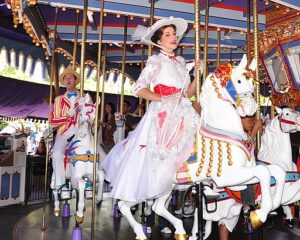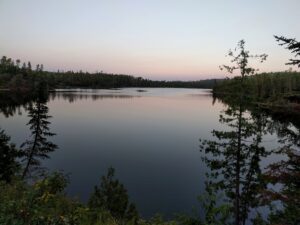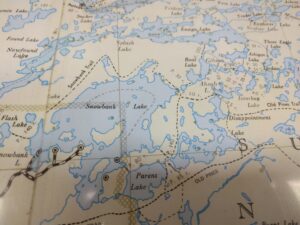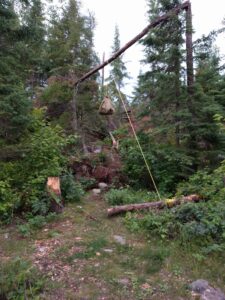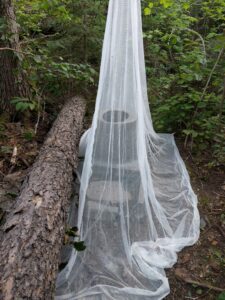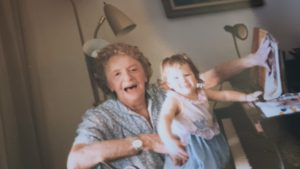I’m writing this post in conjunction again with my writing buddy Tzivia Gover, author of Dreaming on the Page and several other books, and all around encourager extraordinaire. You can learn more about Tzivia, her books, and her offerings on writing and dreaming here.
A few weeks ago, during the discussion part of our Zoom writing group, a participant said. I spent so much energy on getting published, and then, finally I was published, and it felt like a big ‘so what!’ So, now I’m struggling with what to do next. Why publish at all?
I’ve written a post on the down side of publishing, and I totally respect the reasons why someone might choose not to publish. Putting our work out there makes us seen and vulnerable, and subjects us to criticism–real (as in negative reviews) or imagined (our own inner judge at work dissecting people’s tepid reactions). But many of us write, ultimately, to be heard and validated. Publishing is one of the ways–though certainly not the only way–of achieving that validation. When we’re published, we cross an arbitrary line that society has determined as the mark that separates “real” writers from wannabe writers.
But, in my opinion, this distinction is faulty. As my mentor, the late Pat Schneider, always said, A writer is someone who writes, a claim she attributed to poet William Stafford. And even for those of us who can’t quite shake the values of our status-driven world, being published in The New Yorker is different from being published by some unknown journal editor in Kansas City who is dedicating a large chunk of their free time to promoting the work of writers they love in an on-line journal that will likely only be read by your friends and theirs.
And when you add in self-publishing, the wrinkles only get deeper.
So perhaps this was the “so-what” our friend was referring to after getting his first few stories published. You get published in a journal. You share it on Facebook or Instagram, or with your family and friends. Some people say nice things. Some people say nothing. And then, nothing. You haven’t become an immediate celebrity. People aren’t hanging on your every word and treating you any more–or less–legitimately in your craft. (And this was true for me even after I published my first book with a major publisher.) There’s a let-down after the hoopla. An existential moment of why do it?
And all I can say to that, is at least, for me, the blank page still calls. There are still important things in my heart that need to be transformed into words. And I personally like knowing that someone else out there–whether it’s the unknown editor in Kansas City or the big name editor in New York–has resonated with those words, telling me that they were touched.
We write to touch ourselves. We publish to touch others.
Tzivia says:
Mealtimes became a challenge during the years I lived alone, after my daughter went off to college, and my then-partner left to follow a different path. Dinners morphed from sit-down affairs to sandwiches or bowls of cereal eaten while standing over the sink.
Then I realized that feeding myself didn’t have to be a chore. Instead, preparing new recipes with care and rediscovering what satisfied my taste buds became a ritual of self-care. Sitting down at a table set for one, with a cloth napkin and a candle on most nights, became an opportunity to enjoy my own company. I even began going to restaurants alone, and when the hostess aksed, “Just one?” I’d stand up a little straighter and say, “Yes, a table for one,” consciously, and confidently, dropping the just.
Similarly, writing “just for yourself” doesn’t have to be the equivalent of standing over the sink at dinnertime scarfing down a PB&J sandwich. Writing begins as an act of solitude, but that makes it more valuable, not less. So, we shouldn’t treat pieces we compose just for ourselves like proverbial neglected stepchildren, lavishing all of our literary attention on the darlings we send out for publication.
The writing that is meant for our eyes only can be particularly nourishing because we cultivate our capacity to notice what inspires us, and what’s worth putting into words so we can preserve it, revisit it, and take the time to know it more deeply.
Remember: Writing is much more than just a path to publishing! I write for the pleasures of the process, of putting words on the page. I like to see my words in print, too—but that’s not where the drive to continue comes from.
Pause and Consider
Searching for just the right word, spending time massaging a sentence until it sings, and rediscovering what inspires you can be its own universe of joy and fulfillment separate from seeing your work in print. And for some of us, that is not only enough, it’s a deliciously satisfying and complete creative experience.
Before deciding whether to keep your dreamy writing in the drawer rather than prepare it for a wider audience, pause to get clear on this point:
Are you writing only for yourself because you’re not sure your work is good enough to share with others? Or is this a conscious decision, lovingly made to cultivate a productive and solitary pursuit?
Journal about your choice to write for an audience of one, and talk it over with a trusted friend. If it is a choice made from self-regard, celebrate it!
But a familiar yet unwelcome voice is telling you that you or your writing aren’t good enough, consider taking even a small step toward making your writing public.
Today’s post is excerpted and adapted from Dreaming on the Page: Tap into You Midnight Mind to Supercharge Your Writing.


